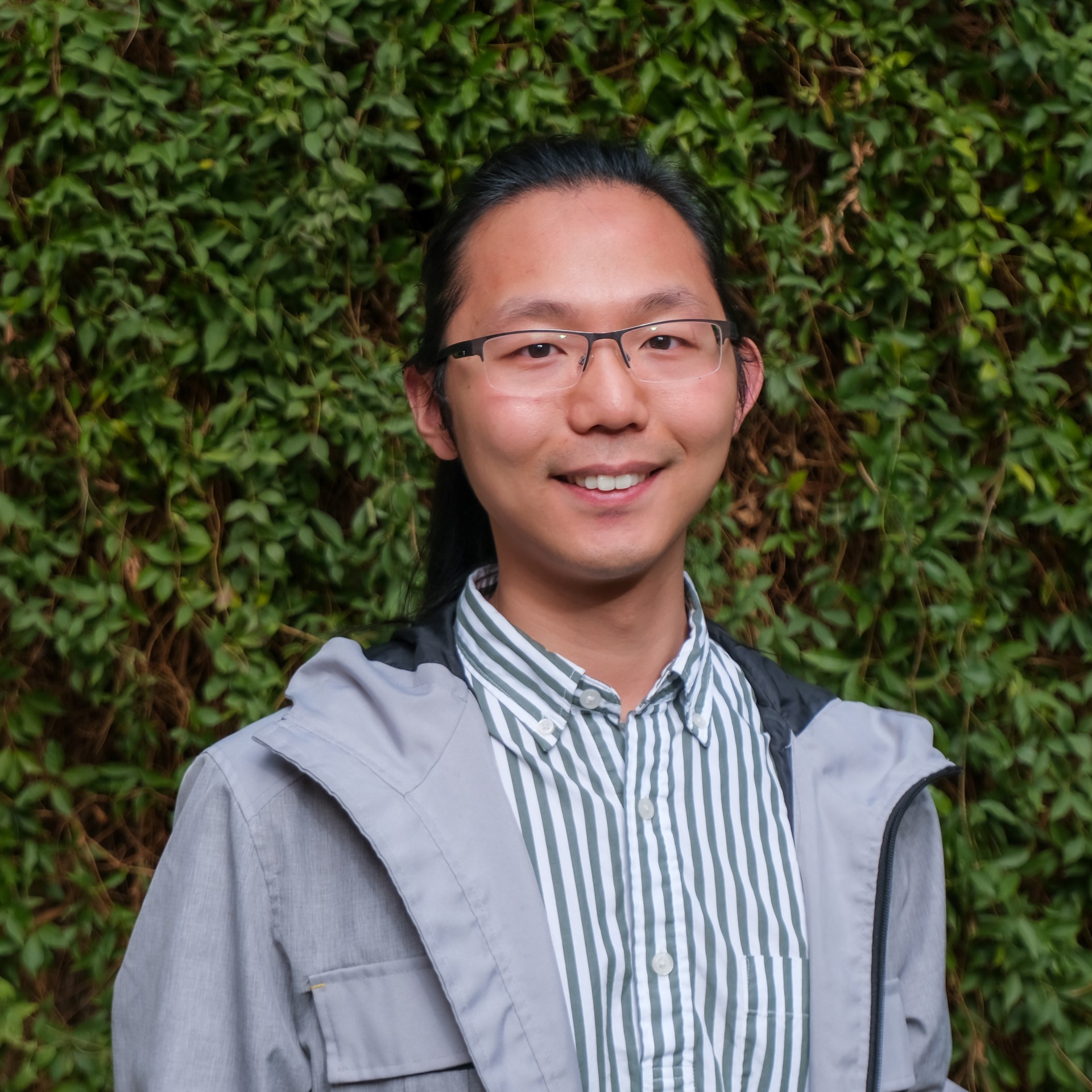Ben Yang selected as 2022 McGinnies Scholar
The Selection Committee is proud to announce Ben Yang, Ph.D. candidate from the Department of Environmental Science, as the 2022 finalist and 46th Awardee of the William G. McGinnies Graduate Scholarship in Arid Lands Studies. The William G. McGinnies Graduate Scholarship in Arid Lands Studies is given each year to a student(s) in honor of the founder of the Office of Arid Lands Studies, Dr. W.G. McGinnies. The intent of the McGinnies Graduate Scholarship is to provide additional support to graduate students whose dissertation research concerns physical and biological processes in the world's arid and semiarid lands. The graduate scholarship carries with it a stipend, the opportunity to give an invited public presentation, and a luncheon with the awards committee. The selection committee believes that Ben will be an excellent addition to the list of outstanding previous McGinnies fellows because of his innovative and relevant research, his role as a lead author and co-author in scholarly publications, his teaching experience, and other impressive achievements. Congratulations, Ben!
Ben Yang is interested in conducting research that links two fields that rarely interact: restoration ecology and microbial ecology in drylands. Ben’s Ph.D. project ‘The role of soil microbial communities in ecological restoration’ tries to elucidate the links between restoration interventions, plant assemblages, and soil microbial communities in Southwestern US drylands. His research focuses on enhancing dryland restoration outcomes by managing the soil microbiome. Soil microbiome management is a promising tool for dryland restoration, as these tiny microorganisms provide significant functions such as stabilizing soil, improving soil fertility, and enhancing plant stress resistance. Ben’s research on soil microbiome management offers promising solutions to enhance dryland restoration outcomes. He plans to delve deeper into understanding the fate of inoculated microorganisms and developing methods for identifying, separating, and propagating effective microorganisms. Ben's future work will provide insight for a variety of workers in arid-land systems.


